Free Educational Resources
We hope you enjoy these hands-on educational activities that your students are sure to love. Feel confident knowing these curriculums and activities are developed by STEM content experts and funded by the National Science Foundation.

BioRobots
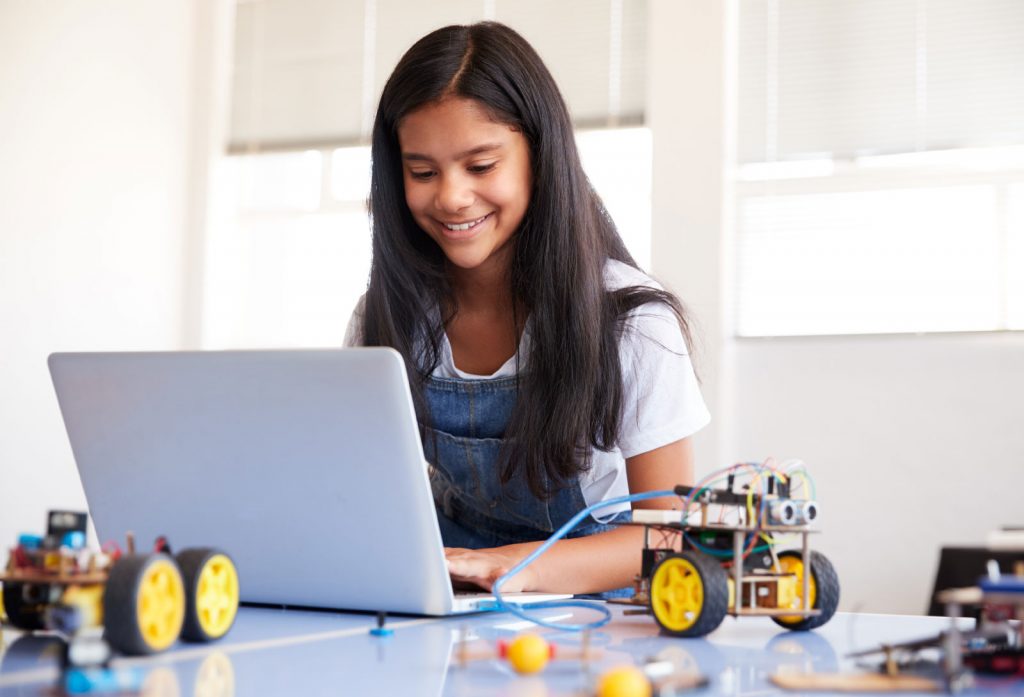
In BioRobots middle school students: study the natural world to learn how animals accomplish different tasks, then design and build a robot inspired by what they learned; learn how to build and program a robot; and practice computational thinking, scientific reasoning, and engineering design skills. There is a One Hour Activity, Curriculum, and supporting resources.

Focus On Energy
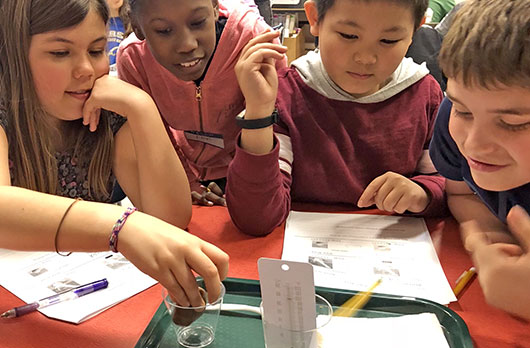
Focus on Energy uses an innovative approach to engage elementary students in learning about energy. The curriculum is comprised of a sequence of firsthand investigations including motion, elastic, thermal, and electrical energy. Each investigation is framed by an investigation question, followed by hands-on activities. Students have multiple opportunities to apply and consolidate ideas about energy forms, transformations, and transfer as they construct energy stories of ball collisions, elastic-band driven propellers, solar panels that can charge a capacitor, or temperature changes in the air of a “mini-room” warmed by a cup of hot water.

EarthLabs
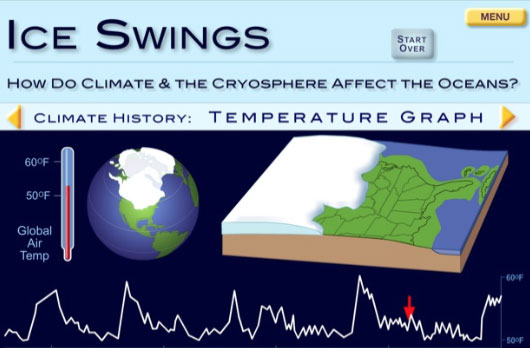
EarthLabs is a set of high school earth science modules that incorporate hands-on activities, data collection and analysis, and interactive visualizations to engage students in an exploration of the earth system. The units offer both student and teacher handbooks.

The Inquiry Project
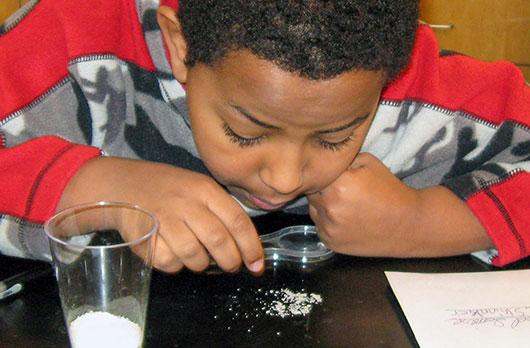
The Inquiry Project takes a unique approach to the study of matter for grades 3–5. It brings together core ideas, scientific practices, and crosscutting concepts. The curriculum for each grade is built around a network of science concepts. These concepts are relevant to understanding matter and include ideas about material, weight, and volume.

Head Start On Engineering

Head Start on Engineering is a bilingual, family-centered program designed to engage preschool children and their parents and caregivers in the engineering process. The program focuses on the engineering design process, rather than the field of engineering, as a topic and skill that is highly relevant to the everyday lives of families, helps make engineering feel approachable, and easily connects to early childhood play and learning practices.

Make Connections: You and Me and Math
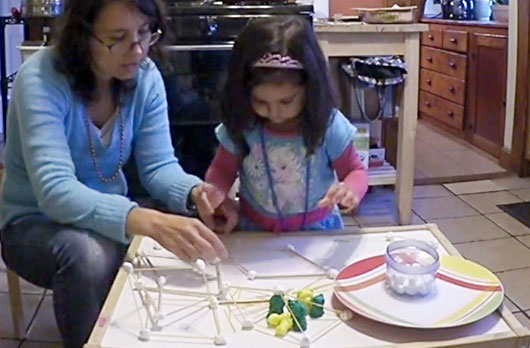
Make Connections, a collaboration of the YMCA of Silicon Valley and TERC, gives adults a fun and easy way to help young children (ages 0-5) learn math. There are eleven curriculum units – each of which fits several common early childhood education themes. Units include activities for ages 2 and up, each with an at-home variation, and activities for children under 2 to use in programs or at home.

Astrobiology
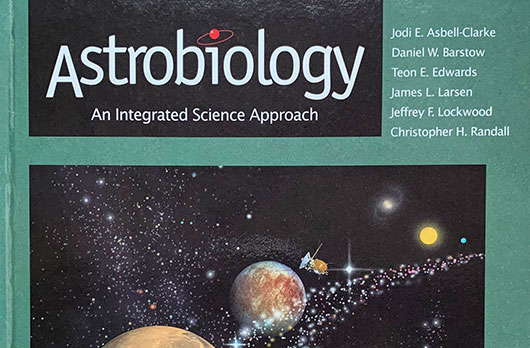
Astrobiology: An Integrated Science Approach is a full-year genuinely integrated science curriculum that weaves its way through the disciplines of biology, chemistry, physics, astronomy, and Earth science, as well as sociology, ethics, and the psychology of human thought and behavior. It kindles interest and curiosity in students and offers an exciting entry into high-school science.

Investigation Astronomy
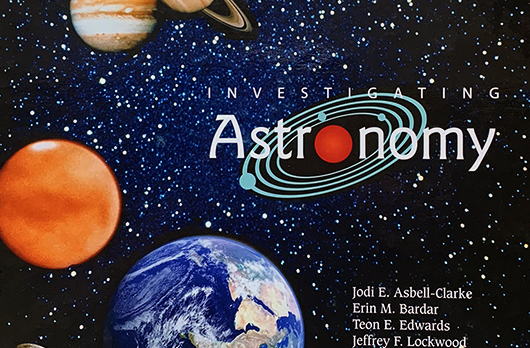
Investigating Astronomy is the first comprehensive astronomy textbook written specifically for high school students. This book includes all the major topics in an astronomy course with material to engage students in hands-on investigations and tools to help students learn in interactive and meaningful ways. The book also focuses on scientific inquiry; the process of making scientific claims and supporting them with evidence; and using scientific reasoning to justify and revise those claims.

Biocomplexity
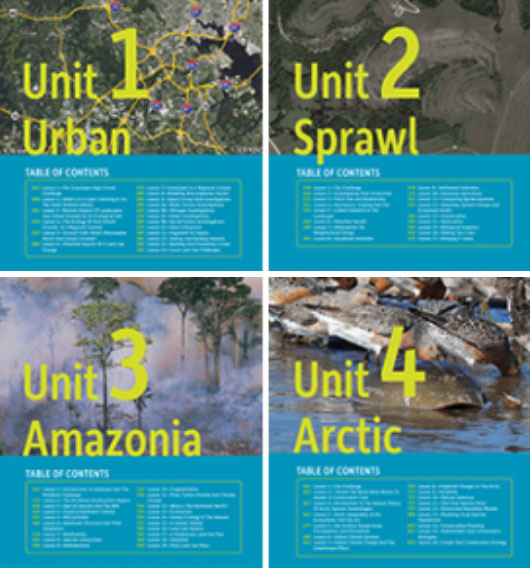
Biocomplexity is an integrated, inquiry-based curriculum that consists of a series of cases relating to biocomplexity and climate change—designed around cases in urban, suburban/agricultural, tropical and polar systems, in which high school students address land use and resource use challenges increasingly confronted by society.

Investigating Science Outside
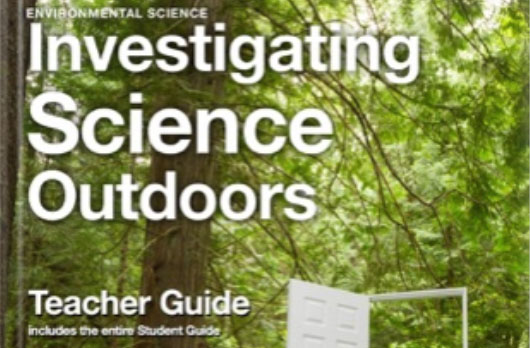
Investigating Science Outdoors is a supplementary science curriculum, for grades 7-9, that engages students in authentic explorations of a study site—a small piece of land near their school.

Study of Place
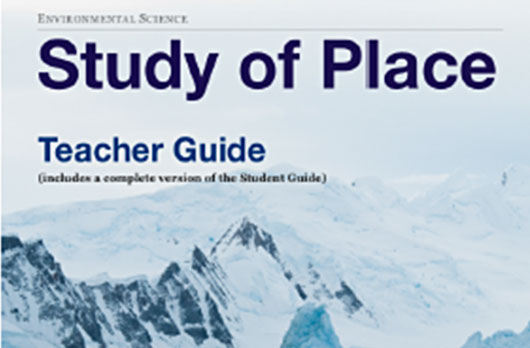
Study of Place is a collection of two environmental science modules (Antarctic Exploration and Currents Exploration) for middle schools that are approximately two-weeks-long.

CLEAN

CLEAN is a high-quality and rigorously reviewed collection of climate and energy education resources aligned with the Climate Literacy and the Energy Literacy frameworks, and the Next Generation Science Standards.

What’s the Weather
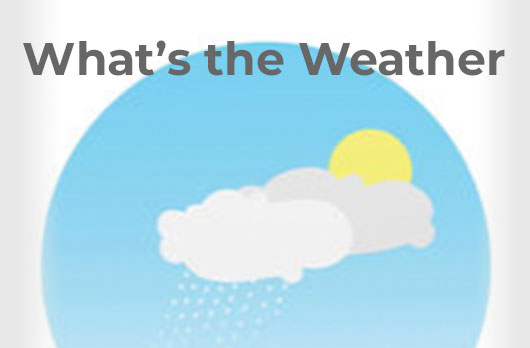
What’s the Weather consists of six chapters that are designed to supplement grades 3-5 core science curriculum. It encourages students to build ideas of science content and process through hands-on and online investigation of the weather in their location. Students collect data about moisture (humidity, cloud cover, and precipitation), air temperature, wind, and air pressure.

Signing Math & Science
Signing Math & Science uses SigningAvatar® assistive technology to develop illustrated, interactive 3D standards-based sign language dictionaries that offer students in grades K-8 and 9-12 who are deaf and hard of hearing increased access to the same learning opportunities that hearing students enjoy.

Signing Glossaries for Science Exhibits
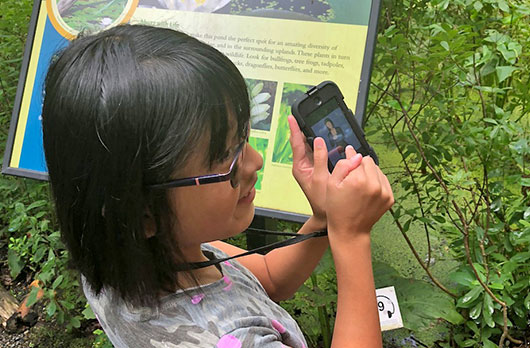
Six signing glossaries to provide visitors ages 5-12+ who are deaf or hard of hearing access to STEM vocabulary during visits to aquariums, botanical gardens, natural history museums, nature centers, science museums, and zoos.

Investigations

Math at Home
Math at Home is a collection of K-5 activities that families can do together. A new set of activities in English and Spanish will be released every few days!
Investigations 3 Games Online
The Games Center contains online versions of many of the Investigations 3 games. It can be accessed in English and Spanish.
Math Words and Ideas from Investigations 3
Math Words and Ideas provides a clear, interactive review of different concepts. Many include an animation; all include a “Try It” activity. The MWI can be accessed in English or Spanish.

Mixing in Math (MiM)
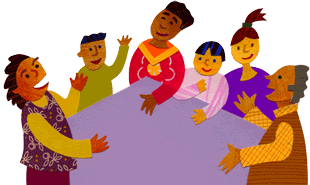
Materials to help mix math into everything children do—from playing games to building towers to telling stories to catching up on chores. MiM materials consist of a large bank of activities, games, and projects for ages 2-12 in English and Spanish.

Forum for Equity in Elementary Mathematics
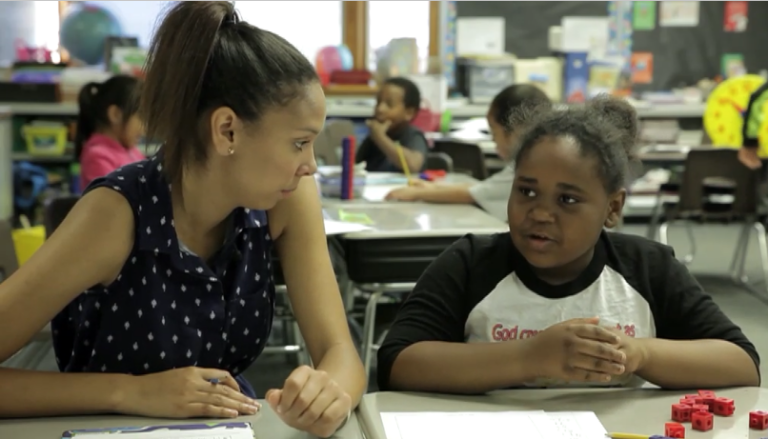
The Forum for Equity in Elementary Mathematics is dedicated to opening up discussions about equity, access, identity, and agency in the elementary mathematics classroom. Free resources include a Framework, Teacher Reflection Tools, a Student Reflection Tool, and classroom activities called Excursions.
